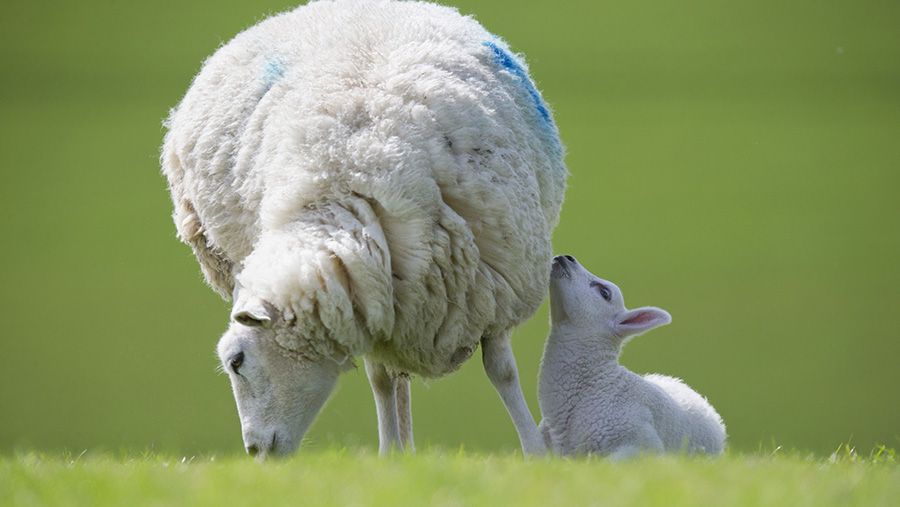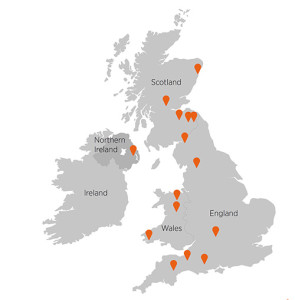Real-time sheep parasite monitor farms launched
 © Juice/REX/Shutterstock
© Juice/REX/Shutterstock Animal health company Zoetis has launched a real-time parasite watch on 15 UK farms to help sheep producers make improved control decisions.
The 15 farmers involved in the watch are based in sheep-dense populations of the country and will provide regular diagnostic samples of parasite challenges in their local area.
The farms will be monitored for:
- Gastrointestinal worms every 14 days
- Nematodirus every 14 days
- Liver fluke, quarterly
- Fly populations weekly.
Regular updates will be provided to farmers and vets through the Twitter handle @Sheep_Farmers and monthly blogs will give farmers treatment advice.
Zoetis vet Dave Armstrong said the aim is to enable farmers to make timely treatment decisions by flagging up potential threats in their area early on.
Cutting costs
Mr Armstrong said reduced farm returns means producers will be looking at areas to cut costs, but he warned that cutting vet and medicine outlay would be counterproductive.

The location of the real-time parasite monitoring farms
Average farm spend on vet and medicines for non-SDA breeding flocks accounted for 1% of total production costs, according to the 2015 Stock Take report.
With this in mind Mr Armstrong said it wasn’t “realistic” to make a big difference to the bottom line by reducing medicine spend, adding:
“It’s going to potentially have a detrimental effect.”
Independent sheep adviser Kate Phillips said maximising lamb rearing percentages is still the best way to improve profits.
Nematodirus risk
To achieve this monitoring forecasts would be crucial this season, as parasite threat is likely to be heightened due to the mild, wet weather over winter, she added.
Sustainable Control of Parasites in Sheep forecasts show nematodirus has already started hatching in the South and Ms Phillips said a “mass hatch” could coincide with when lambs start grazing properly.
Ms Phillips advised farmers to weigh lambs every two to four weeks to help monitor worm burdens.
See also: 10 step guide to taking a sheep faecel egg count
“If you can’t manage that mark a number of lambs and weigh those on a regular basis. Pick a range, not just the best.”
She said faecal egg counts should be carried out after treatment to ensure product efficacy too.
Generally these should be carried out 14-days post treatment except when using products containing the active ingredient Levamisole.
In this case tests should be done seven days post-treatment.
